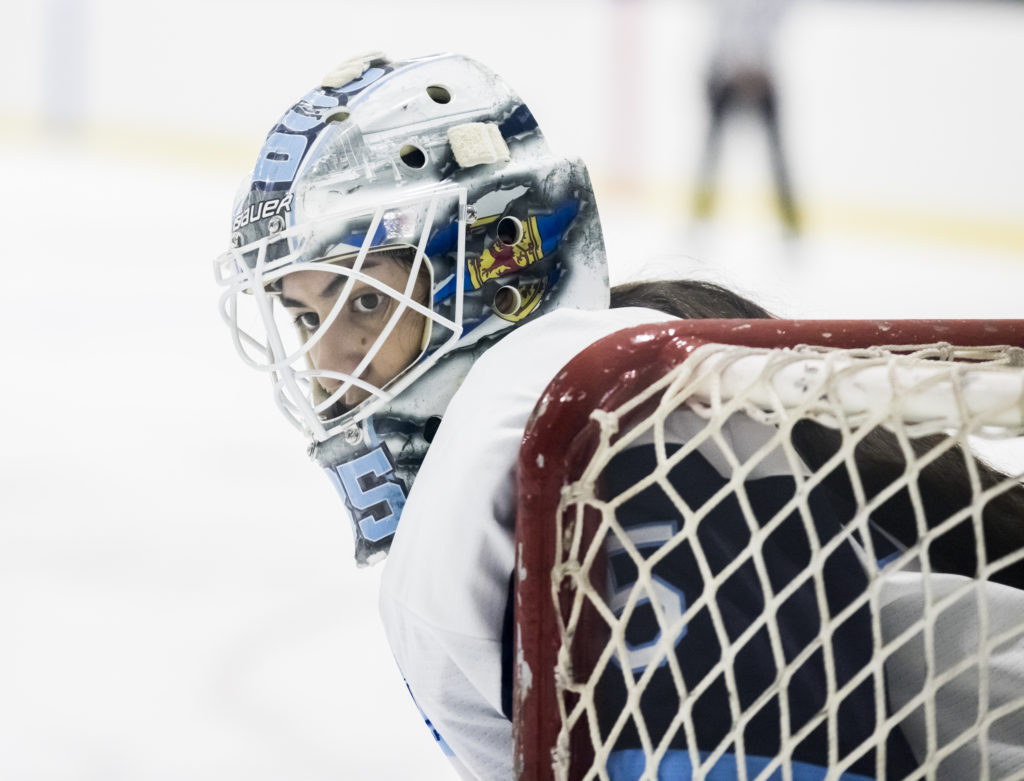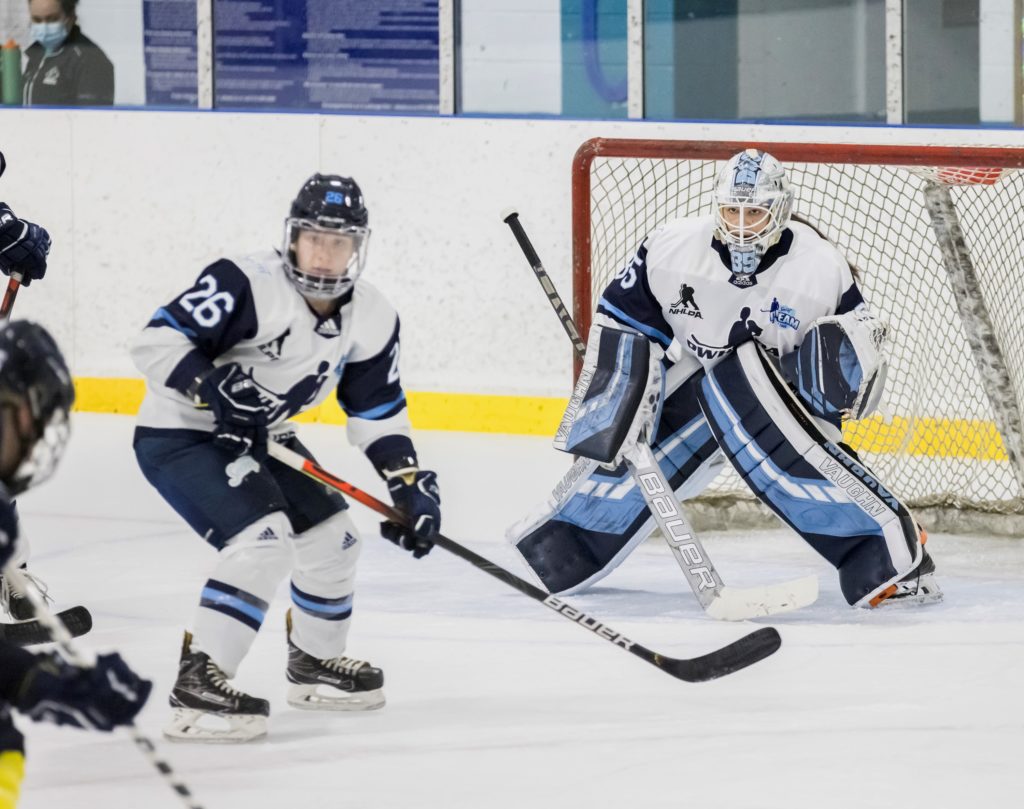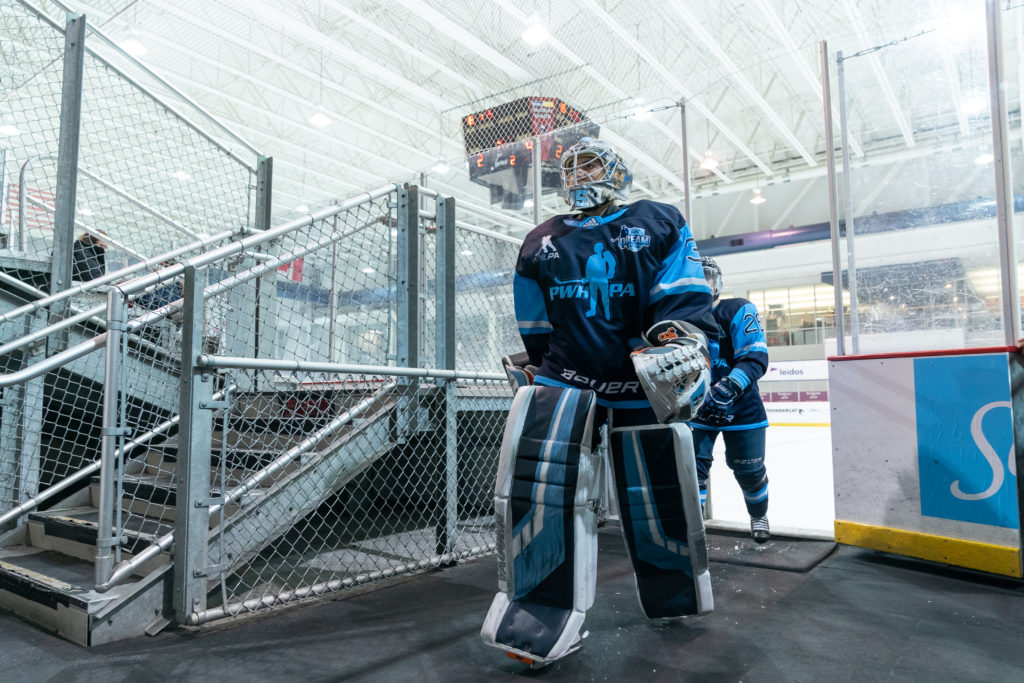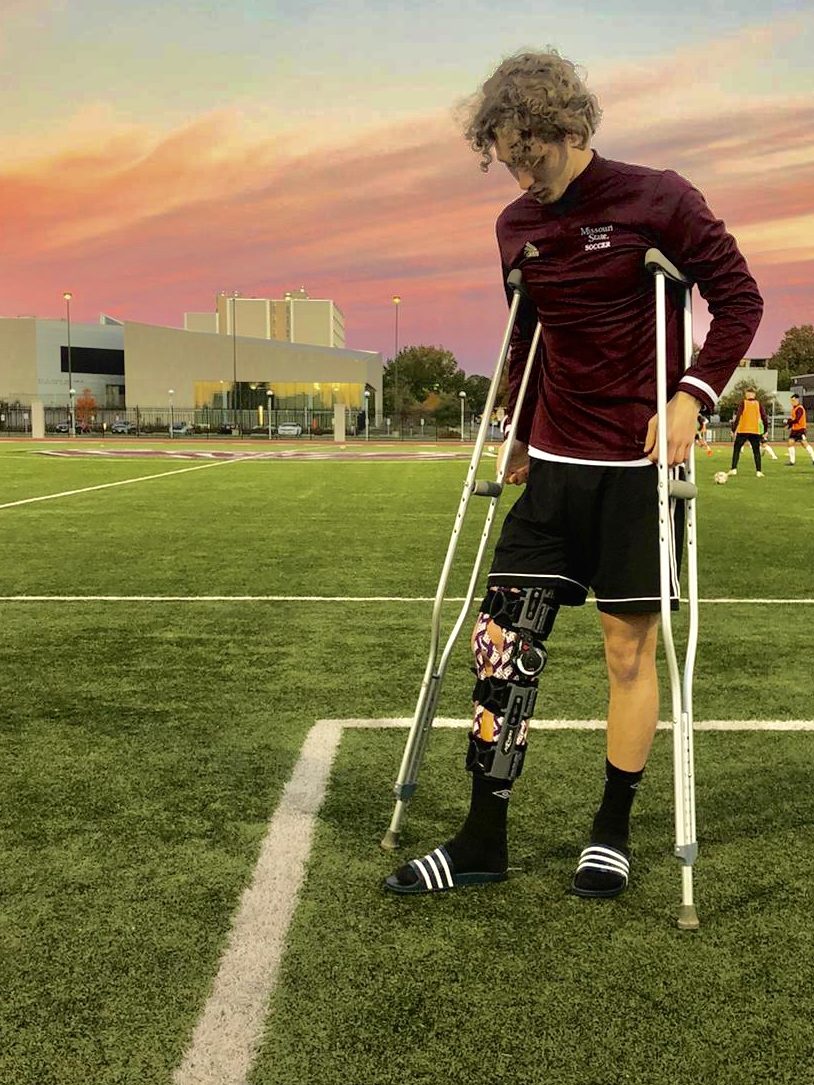Athletes for Hope (AFH) is excited to announce the addition of six additional mental health ambassadors to its Whole Being Athlete program. This dynamic group of Olympic and professional athletes, hailing from a diverse array of sports, brings a wealth of experience and passion to the initiative. Their commitment to promoting mental health awareness in and out of the athletic community is set to make a significant impact, furthering AFH’s mission to inspire and empower athletes to give back to their communities.
Meet our new ambassadors below and get to know the 18 other ambassadors here.
Sierra is a professional soccer player for the San Diego Wave. She won a National Championship while playing at Stanford University in 2019 and was a two-year team captain. She is passionate about creating spaces for people to share experiences so that no one feels alone. Additionally, Sierra loves mentoring and speaking on identity, confidence and managing mistakes.
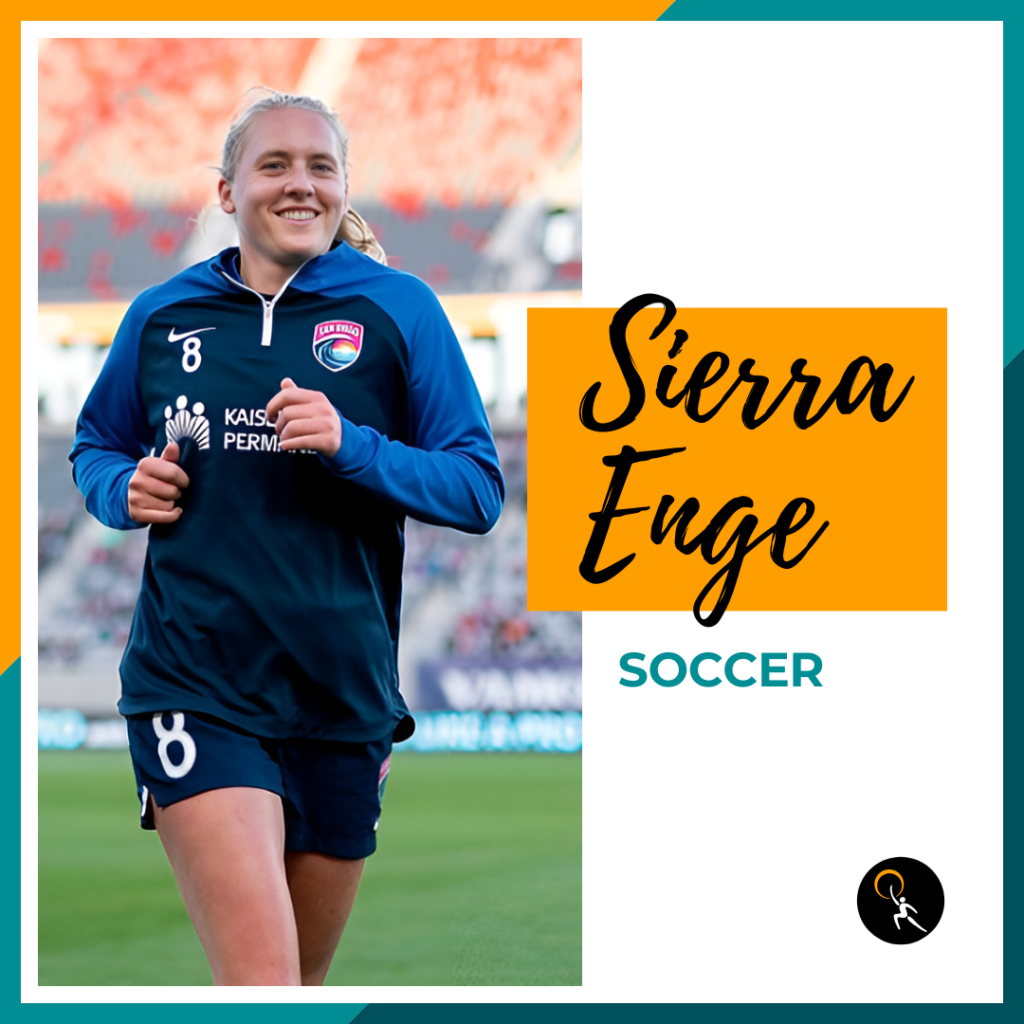

Cal (they/he) is a trans marathoner, inclusivity activist, educator, community builder, and poet. He competed at Saint Louis University, then went on to advocate for non-binary divisions in races. Cal won first place in the 2023 New York City Marathon, the 2022 San Francisco Marathon, and the 2024 Los Angeles Marathon. He took second place at the 2022 Chicago Marathon and the 2023 Boston Marathon. Cal wants to open up more conversations to destigmatize mental health at the intersection of various identities. Through storytelling, they believe we can generate more belonging and more hope for all athletes.
Manteo is an Olympic Silver Medalist, World and US Champion in track and field. He’s also a member of the US Bobsled team, where he’s aiming to make history by becoming just the 7th person to medal in both the Summer and Winter Games. He’d also become the very first African-American male to accomplish the feat! When he’s not chasing records, you can find him running around the world with his family. Manteo is an advocate for health and wellness. He spends most of his time away from training/competing as a motivational speaker and ambassador for many brands and causes with the youth and next generation.
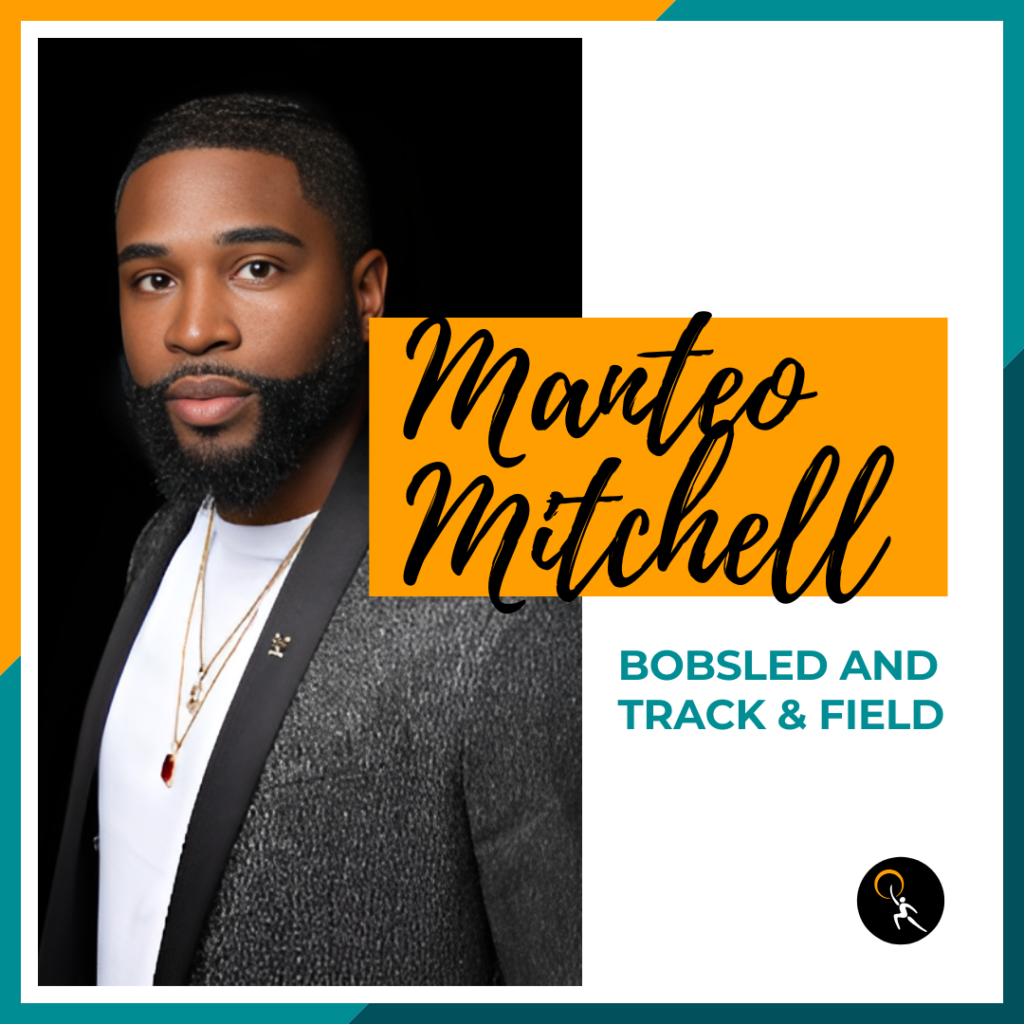

Matt began his football journey at Duke University, where he studied Psychology and Human Development. During his time at Duke, he became a three-year starter, captain, All-American, and All-ACC selection. Despite going undrafted, he launched his NFL career with the Baltimore Ravens, playing for eight years with four teams.
Through his academic and athletic experiences, Matt recognized the importance of strong mental health practices linked to high performance. His journey took a personal turn with the tragic loss of his father to suicide in March 2022. This pain fueled his passion to impact athletes at all levels, sharing his experiences with mental health and his athletic journey. Matt is dedicated to promoting resilience, awareness, and support for mental well-being in sports.
Isabelle “Izzy” Connor is a Tokyo 2021 Olympian in Rhythmic Gymnastics. She is a 5x Pan American Games medalist, multiple time World Cup and Grand Prix finalist and has been on 3 World Championship teams. Her team made history by achieving the first top-ten world championship ranking in US Rhythmic Gymnastics history. She trained and competed on the US national team from 2017 until her retirement in 2024. Izzy is pursuing a degree in Astrophysics at the University of California, Santa Cruz where she is a published student researcher. She also coaches young gymnasts. Having gone through her own struggles with anxiety and depression as an elite athlete, she has been a voice of advocacy and change within the culture of gymnastics, and in the athlete mental health movement. She is passionate about mentorship, furthering the mental health movement, and creating equity in STEM.

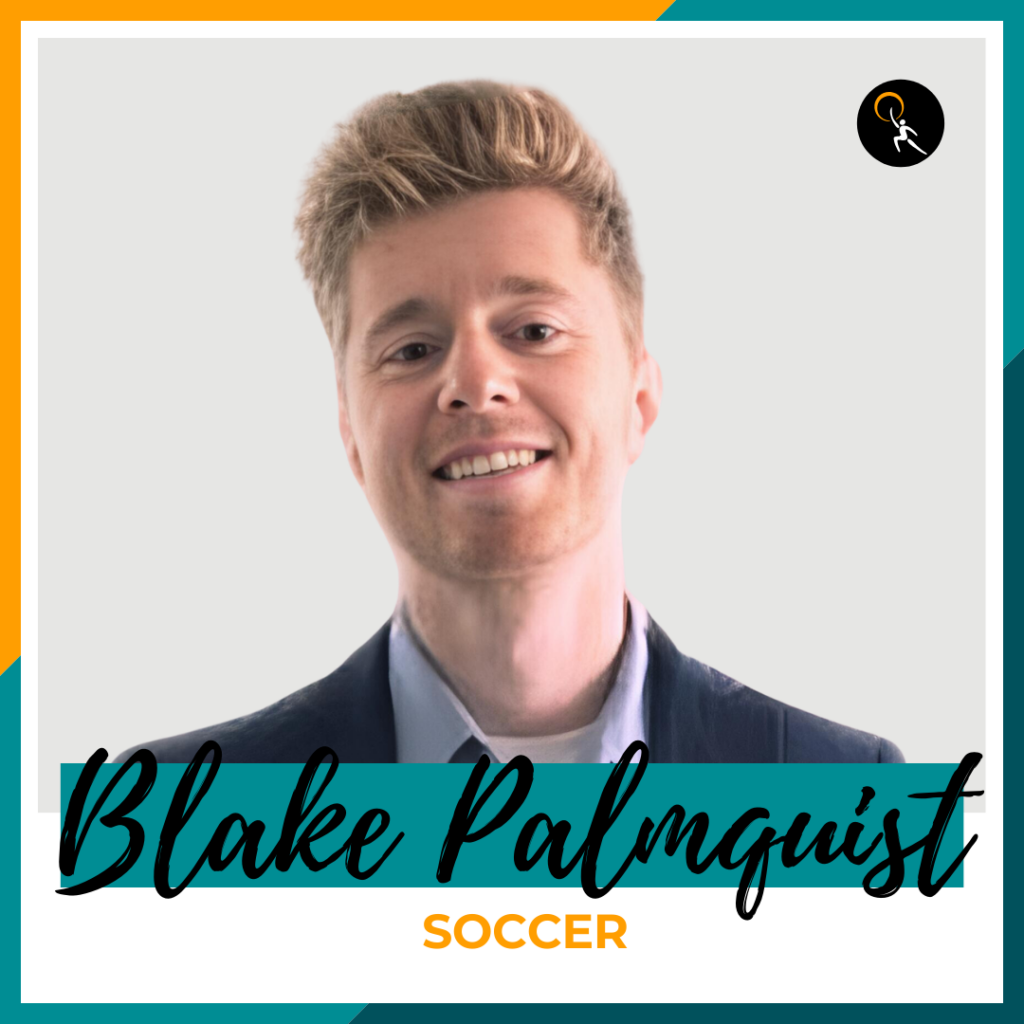
Blake played soccer at the University of Mary and retired from professional soccer in 2021.
He is dedicated to ending the stigma around mental health and advocating for those in need. As the creator of the INTRA blog and the Instagram page @intratogether, he actively engages in mental health initiatives with our partners, participates in community events, and shares advocacy messages on social media.
Despite aiming for a long-term professional soccer career, Blake faced mental health struggles such as self-doubt, depression, stress, and anxiety, which led to burnout and the decision to step away from the sport. Recognizing the growing impact of mental health issues on athletes, Blake aims to raise awareness through personal stories and relevant topics.
About Whole Being Athlete Ambassadors
Whole Being Athlete Ambassadors participate in mental health initiatives with our partners, join community events, and share advocacy messages on social media. They serve as a mental health advocates for various charities and organizations, engage in storytelling, and connect with other athlete ambassadors to discuss mental health concerns and resources.





